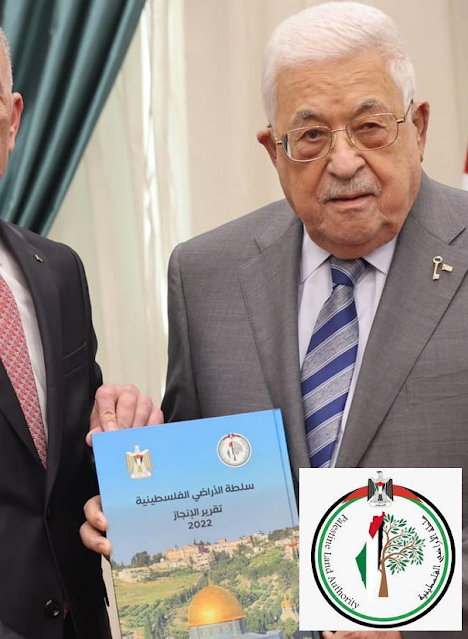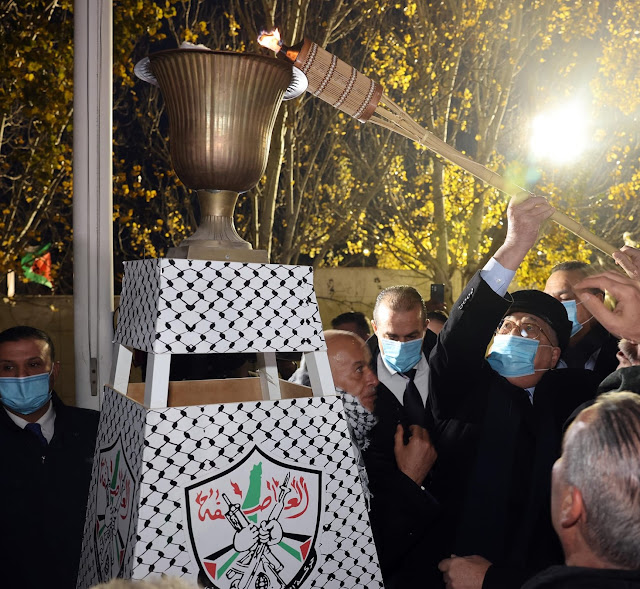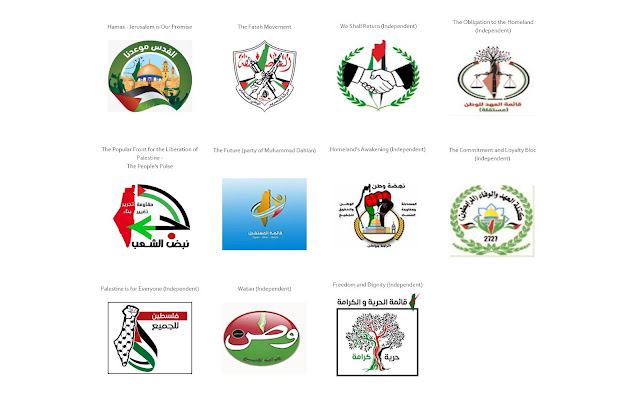Netanyahu made Israel important again
The left has already begun to criticize the emerging peace agreement with the Saudis, especially the possible agreement to a Saudi civilian nuclear program. But this is irrelevant. If MBS wants a nuclear program, he doesn’t have to do it through an agreement with Israel and the United States. He can always go to Russia and China. It’s better to do it through peace rather than conflict.
Yes, the Palestinian issue is still a problem, but the emerging deal indicates that the Palestinians’ veto on the peace process is dead. Nonetheless, Netanyahu maintained a moderate tone on the issue while still emphasizing Palestinian Authority chief Mahmoud Abbas’s incitement, antisemitism and use of aid funds to finance terrorism.
Despite all this, Netanyahu told the world that the Palestinians should be part of a peace process, although he eschewed the old cliches like “two states for two peoples.” He knows that the peace paradigm has been turned upside down: First peace with the Saudis, and then Palestinian willingness to reach a compromise.
But Netanyahu went further than regional agreements. He is positing the idea of a new world; a vision of democracy, artificial intelligence and even humanity’s future in space. To him, the sky is no longer the limit. If the goal is so great, one imagines that Netanyahu will pursue peace with the Saudis together with the U.S. even if, in the extreme case, it means a new government must be formed or new elections held.
The revolt against judicial reform has brought masses of citizens into the streets for months, but Netanyahu has now turned the page. He has articulated a vision greater than that of his enemies: Peace and technological innovation for the entire world. These are the most pressing issues of our time, not domestic squabbles over the structure of the Israeli government.
Netanyahu has once again placed Israel at the center of the international arena. It will be difficult to undermine this accomplishment due to the provincial opposition of his domestic enemies.
The truth is that Israel is important once again. It was Netanyahu who made it important. Whoever tries to deny this in the name of anti-Bibi hate is nothing more than a defeatist.
Semafor: ‘Iran Experts Initiative’ included top aides to suspended US diplomat
Newly released documents show that at least three people who were or became top aides to suspended U.S. diplomat Robert Malley were part of Tehran’s 2014 Iran Experts Initiative (IEI), intended to burnish the country’s and its nuclear program’s global image, per a Semafor report.
In June, Malley was placed on leave, and his security clearance has been revoked. The FBI is reportedly investigating the diplomat for mishandling classified information.
Semafor and Iran International, which reported separate stories, obtained “a large cache of Iranian government correspondence and emails,” according to Semafor.
“The documents offer deep and unprecedented new insights into the thinking and inner workings of Iran’s Foreign Ministry at a crucial time in the nuclear diplomacy—even as Tehran’s portrayal of events is questioned, if not flatly denied, by others involved in the IEI,” it reported. “They show how Iran was capable of the kind of influence operations that the U.S. and its allies in the region often conduct.”
More specifically, a German professor in the IEI offered to ghostwrite opinion pieces for Tehran officials and others in the network sought Iranian Foreign Ministry staff advice about U.S. and Israeli conferences and hearings, per Semafor.
“The IEI participants were prolific writers of op-eds and analyses, and provided insights on television and Twitter, regularly touting the need for a compromise with Tehran on the nuclear issue—a position in line with both the Obama and Rouhani administrations at the time,” it reported.
The IEI had particular access during the final years of former President Barack Obama’s administration; Hassan Rouhani was then the Iranian president. “The Iran Experts Initiative was born from a Rouhani administration eager to end Tehran’s pariah status following eight years of Mahmoud Ahmadinejad’s presidency in which he courted Holocaust denial and promoted the eradication of Israel,” Semafor reported.
“This initiative which we call ‘Iran Experts Initiative (IEI)’ is consisted of a core group of 6-10 distinguished second-generation Iranians who have established affiliations with the leading international think tanks and academic institutions, mainly in Europe and the U.S.,” an Iranian diplomat, who later became spokesman for the country’s Foreign Ministry, wrote to the head of the ministry’s think tank in 2014, according to Semafor.
This should be a subject of a broader @GOPoversight investigation into secret Iran dealings.
— Richard Goldberg (@rich_goldberg) September 26, 2023
Questions for security clearance agencies about current/suspended officials.
Questions for @AliVaez @DEsfandiary and others. https://t.co/NbdENT7z6n
Inside Iran’s influence operation
In the spring of 2014, senior Iranian Foreign Ministry officials initiated a quiet effort to bolster Tehran’s image and positions on global security issues — particularly its nuclear program — by building ties with a network of influential overseas academics and researchers. They called it the Iran Experts Initiative.
The scope and scale of the IEI project has emerged in a large cache of Iranian government correspondence and emails reported for the first time by Semafor and Iran International. The officials, working under the moderate President Hassan Rouhani, congratulated themselves on the impact of the initiative: At least three of the people on the Foreign Ministry’s list were, or became, top aides to Robert Malley, the Biden administration’s special envoy on Iran, who was placed on leave this June following the suspension of his security clearance.
The documents offer deep and unprecedented new insights into the thinking and inner workings of Iran’s Foreign Ministry at a crucial time in the nuclear diplomacy — even as Tehran’s portrayal of events is questioned, if not flatly denied, by others involved in the IEI. They show how Iran was capable of the kind of influence operations that the U.S. and its allies in the region often conduct.
The emails were obtained and translated by Iran International, a Persian-language television news channel headquartered in London — which was briefly based in Washington due to Iranian government threats — and shared with Semafor. Semafor and Iran International jointly reported on some aspects of the IEI. Both organizations have produced their own stories independently.
The communications reveal the access Rouhani’s diplomats have had to Washington’s and Europe’s policy circles, particularly during the final years of the Obama administration, through this network. One of the German academics in the IEI, according to the emails, offered to ghostwrite op-eds for officials in Tehran. Others would, at times, seek advice from the Foreign Ministry’s staff about attending conferences and hearings in the U.S. and Israel. The IEI participants were prolific writers of op-eds and analyses, and provided insights on television and Twitter, regularly touting the need for a compromise with Tehran on the nuclear issue — a position in line with both the Obama and Rouhani administrations at the time. The emails describe the IEI being initiated following Rouhani’s 2013 election, when he was looking to find an accommodation with the West on the nuclear issue. According to the emails, Iran’s Foreign Ministry, through its in-house think tank — the Institute for Political and International Studies — reached out to ten “core” members for the project, through which it planned to liaise over the next 18 months to aggressively promote the merits of a nuclear deal between Tehran and Washington, which was finalized in July 2015.
DoD's current Chief of Staff for Special Operations emailed Iranian leadership in 2014:
— Gabriel Noronha (@GLNoronha) September 26, 2023
"Our goal was to show what is said in the West - that Iran does not need more than 1500 centrifuges - is wrong, and that Iran should not be expected to reduce the number of its centrifuges." pic.twitter.com/Y8Xlmqoto5


















































